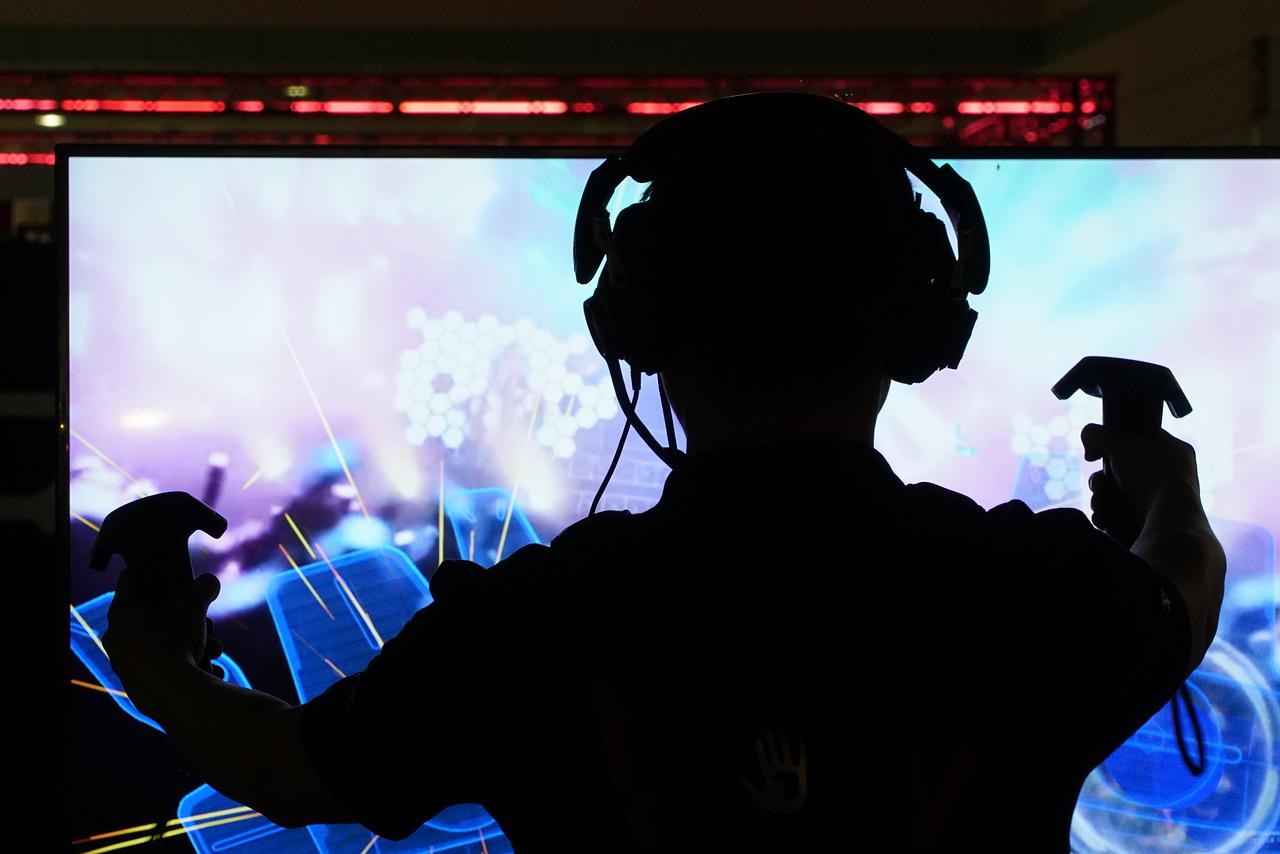
The world of technology has moved at an incredible pace in recent decades and some remarkable innovations have emerged. However, two of the most eye-catching of recent times have undoubtedly been virtual and augmented reality.
VR and AR have attracted plenty of attention over the past few years, as the concepts haveimpacted a range of areas. For instance, they have gone on to have a notable presence in the video gaming industry, while we have also recently discussed the potential impact that AR could have on the world of e-commerce.
However, are the pair also set for a crucial role in the education sector? Could they genuinely change how we learn?
Current state of play
Before we consider this, it is worth reflecting on the state of play in learning. After all, new technologies have had a transformative impact on the area.
For instance, online learning has become a big part of life for many of us and we now have a range of possibilities regarding flexible education. Sites offer courses and learning support in many fields, with Preply focusing on online language lessons. As an example, you can find Arabic classes near you on the domain, while you can also search through the teachers on offer to find the right match for you. The site also lets you book a trial lesson, while you can review a tutor’s hourly rate and their number of active students.
The music world has also embraced online learning, with Your Space Music Lessons offering support through Google Meet, Zoom and Skype. The site provides lessons in relation to a host of musical instruments, from guitar and piano to saxophone and clarinet. Alternatively, if you are interested in crafts, there are even video knitting lessons available. For example, LearnToKnitOnline.com features advice and support on the basics, shaping techniques and more.
Growth expected
With all of this in mind, it seems clear that there is plenty going on in the world of web-based learning. As a result, it perhaps makes sense that the online education market is expected to grow in the coming years.
A new report from Technavio has revealed that the sector is expected to grow by $121.85 billion between 2020 and 2025. It added that this would lead to a compound annual growth rate of 9.24 per cent across the period in question. The study found that the primary and secondary supplemental education segment held the largest market share in 2021, while it will account for the highest revenue during the projected period. The APAC region is also expected to have a big impact on the sector, as 37 per cent of the market’s growth will originate from the area.
In terms of key market drivers, the report pointed to the growing advantages of online learning. It added that a range of support solutions – including AR and VR – will also play a role in boosting demand for online education across schools and universities.
Having an impact
But, while there is clearly a level of expectation around the impact of VR and AR on learning, it does raise one question – what kind of VR and AR education tools already exist?
ClassVR works in this area and explains how its services can be used across both the education sector and industry. Its site also goes into deeper detail on commercial applications, highlighting how VR and AR could prove useful in areas including corporate training and the world of military and defence. For example, with the latter, it outlines how it can help individuals get key experience of dangerous environments when they are in the safety of a training room.
In terms of virtual reality in education, ClassVR adds that it can offer support to students of all ages – from pre-school age through to further education.
Creating new possibilities
It is remarkable to consider the huge strides taken in the world of technology and the big benefits that fresh innovations can offer us. VR and AR have already created new possibilities in many areas, but they could well be the next big thing in education too.
With online learning seemingly going from strength to strength, it will be interesting to see how these concepts impactthe area. This is clearly a fascinating time for education and many people will be excited to discover how our learning experiences may change in the years ahead.